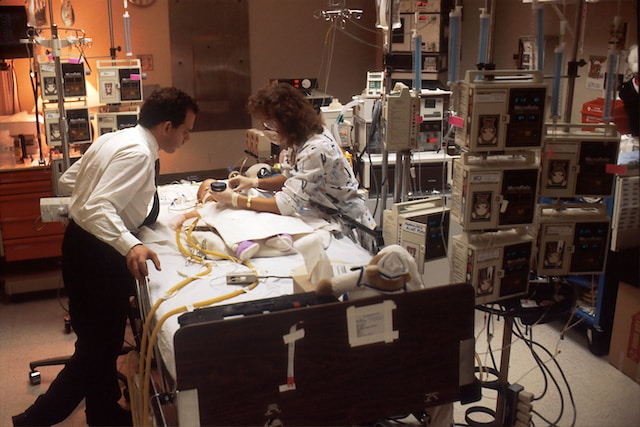The aging process is a natural and inevitable part of life that affects all living beings, including humans. It is a complex biological phenomenon that involves a gradual decline in various bodily functions and the accumulation of damage at the cellular and molecular levels. While the aging process differs from person to person, there are certain general changes that occur over time.
One of the most visible signs of aging is the appearance of wrinkles and sagging skin. As we age, the production of collagen and elastin, two proteins responsible for maintaining the skin’s elasticity and firmness, decreases. This leads to the formation of wrinkles, fine lines, and a loss of skin tone. Additionally, the skin becomes drier and thinner, making it more susceptible to damage.
Another noticeable change is the graying and thinning of hair. Hair follicles produce less melanin, the pigment responsible for hair color, resulting in gray or white hair. Hair also tends to become thinner and more brittle, leading to hair loss or baldness in some individuals.
Internally, the aging process affects various organs and systems in the body. The cardiovascular system undergoes changes such as the thickening and stiffening of blood vessels, which can lead to high blood pressure and an increased risk of heart disease. The capacity of the lungs decreases, making breathing more difficult, and the bones become less dense, increasing the risk of fractures and osteoporosis.
Muscle mass and strength also decline with age, a condition known as sarcopenia. This loss of muscle mass can affect mobility and balance, increasing the risk of falls and injuries. The metabolism slows down, leading to weight gain and a redistribution of fat, often around the abdomen.
The immune system, which protects the body against infections and diseases, becomes less efficient as we age. This makes older adults more susceptible to infections and increases the risk of developing chronic conditions such as diabetes, cancer, and autoimmune disorders.
Cognitive function and memory may also be affected by the aging process. Some individuals may experience mild cognitive decline, including difficulties with attention, processing speed, and memory retrieval. However, it’s important to note that aging does not necessarily result in significant cognitive impairment or dementia.
While these changes are a natural part of the aging process, certain lifestyle factors can influence the rate at which they occur. Regular exercise, a healthy diet, adequate sleep, and avoiding smoking and excessive alcohol consumption can help promote healthy aging and delay the onset of age-related conditions.
In conclusion, the aging process brings about a multitude of changes in the body, both internally and externally. While these changes are inevitable, adopting a healthy lifestyle can help mitigate their effects and improve overall well-being as we grow older.











